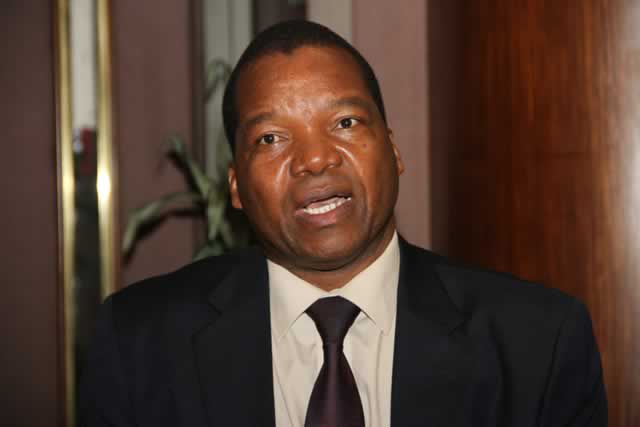
The Sunday Mail

IN his diagnosis of Zimbabwe’s current economic state, Reserve Bank of Zimbabwe Governor Dr John Mangudya might have been able to correctly identify the chicken and the egg, but there is real danger of being entrapped in the chicken and egg conundrum.
Monetary authorities were very emphatic on the need to slash prices: Household and industrial rentals have to come down; retail prices need to be reduced; bank charges have to be slashed; and wages, too, have to be reviewed downward.
The RBZ’s counsel seems to be backed by strong empirical evidence that the country is indeed a high cost producer and retailer of commodities compared to regional averages. Also, the local commercial and industrial minimum wage at US$246 is relatively bigger than in most, if not all, regional economies. In Mozambique, Botswana, Tanzania and Zambia the minimum wage is currently pegged at US$133, US$90, US$63 and US$157 correspondingly.
Curiously, Zimbabwe’s wage bill at US$3,2 billion is roughly US$800 million more than Zambia’s wage bill of US$2,4 billion, an economy whose size is estimated to be twice as big as Zimbabwe’s.
While the local economy is estimated to be worth between US$13 billion and US$14 billion, Zambia’s economy is more than US$23 billion. In addition, local pricing models have become absurd. For example, the average price of a 500ml bottle of water at US 50c is more expensive than the cost, insurance and freight (CIF) of a litre of diesel. This aberration makes the local economy very uncompetitive. That the local economy needs to be recalibrated is beyond contest, but, crucially, with retailers and consumers, on the one hand, and employers and employees, on the other hand, staring down at each other, the fundamental question is: who will be the first one to blink?
The deep-seated mistrust among the three stakeholders — Government, labour and business – which has also been worsened by the fact that the tripartite negotiations have not been able to effectively hold, has not helped matters.
Recently, The Sunday Mail Business reported of the simmering tensions in the food and beverages industry, where employees and employers are tussling over a 6 percent salary hike that is supposed to be effected beginning this year.
Employers, who argue that they cannot pay, are contesting the arbitral award made in December by co-arbitrators Mr Munyaradzi Gwisai and retired High Court judge Justice Moses Chinhengo. Ironically, the beverages sector is struggling to compete against cheap imports from South Africa.
This scenario is playing out in various other sectors of the economy as well. “Excruciating solutions that involve salary cuts to realign revenues and costs may be necessary in some circumstances before the situation gets out of hand,” said Dr Mangudya last week. He also proposed a salary freeze. Though noble, the proposal might prove hard to take.
Workers claim that their wages are not sufficient to cater for their basic needs, while employers perceive their wage bills as unsustainably high and therefore have to resort to routinely increase their prices. But the prices are now at levels that are uncompetitive relative to imports from efficient economies such as South Africa.
It’s a monstrous vicious circle.
Ordinarily, workers will not be prepared to take a salary cut while prices are still at the levels that they currently are.
Retailers, also, are unlikely to review prices when utility and employment costs are still high.
Somewhere the vicious circle has to be broken. Clearly a virtuous circle can only be created when all the parties go back to the negotiating table through the Tripartite Negotiating Forum. It has to be made vibrant again: if ever there was need for a Social Contract, it is now.
Former RBZ Governor Dr Gideon Gono tried to bring these parties together in 2004, but the project failed because of inherent mistrust among the members that were involved in the project.
Conditions seem to favour a new round of engagement.
It is only through this forum that the chicken and egg conundrum can be solved.
If all the stakeholders are left to their own designs, we can kiss any prospects of success goodbye.
Read the Monetary Policy Statement Highlights




